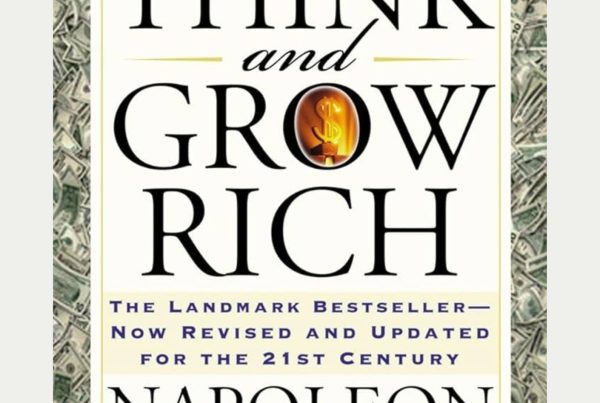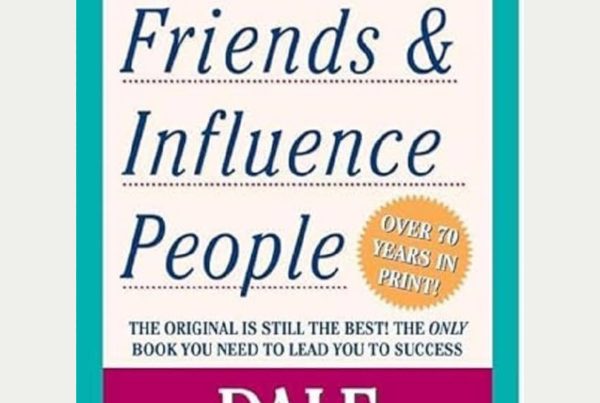In Never Be Sick Again, Raymond Francis presents a revolutionary perspective on health, proposing that all diseases have a common cause and can be prevented or reversed through lifestyle choices. The book emphasizes the idea that optimal health is attainable by understanding the body’s biological processes and addressing imbalances at their root. It challenges conventional medicine, focusing instead on prevention and holistic well-being.
Francis introduces the concept of “One Disease, Two Causes, and Six Pathways,” providing readers with a framework to maintain or restore health. The book aims to empower individuals to take control of their health by understanding the science behind the body’s natural healing mechanisms and adopting practices that align with them.
Key Insights from the Book
1. The One Disease Paradigm
Raymond Francis introduces the concept of the “One Disease Paradigm,” which posits that all diseases stem from the same root cause: malfunctioning cells. Regardless of the medical diagnosis, the fundamental issue lies in cells that fail to function as intended. This groundbreaking idea simplifies our understanding of disease and shifts the focus from treating symptoms to addressing the cellular malfunctions that cause them. By maintaining optimal cellular health, Francis argues, individuals can prevent and even reverse illness.
This perspective challenges the conventional medical model, which categorizes diseases into countless separate conditions, each requiring its treatment. Instead, the “One Disease Paradigm” emphasizes that a unified approach to improving cellular health can lead to better outcomes across the board. This paradigm is both empowering and practical, encouraging individuals to focus on the common factors that influence their overall health.
2. The Two Causes of Disease
All diseases, according to Francis, are caused by either toxicity or deficiency. Toxicity refers to the accumulation of harmful substances in the body that interfere with cellular function. These toxins can come from processed foods, environmental pollutants, household chemicals, and even stress. Over time, they overwhelm the body’s detoxification systems, leading to cellular damage and disease. On the other hand, deficiency occurs when cells lack the essential nutrients required to function properly. Poor dietary habits, insufficient nutrient absorption, and a lack of vital vitamins and minerals can weaken the body’s ability to repair and regenerate.
By addressing these two root causes, individuals can restore cellular balance and improve their health. This framework underscores the importance of clean, nutrient-dense eating and minimizing exposure to environmental toxins. Rather than treating individual symptoms, tackling toxicity and deficiency provides a comprehensive solution to achieving long-term wellness.
3. The Six Pathways to Health
Francis outlines six key pathways—nutrition, toxins, psychology, physical activity, genetics, and medical interventions—that determine cellular health and overall well-being. Nutrition plays a foundational role, as whole, nutrient-rich foods provide the building blocks for cellular repair and energy. Minimizing exposure to toxins, whether from processed foods or environmental pollutants, is equally crucial to avoid cellular damage. Mental health, covered under the psychology pathway, highlights how stress, negative emotions, and unresolved trauma can disrupt physical health.
Physical activity is presented as vital for maintaining a healthy circulatory system, boosting immunity, and aiding in detoxification. Genetics, while important, are shown to be less significant than lifestyle choices, as positive habits can influence gene expression and override hereditary risks. Lastly, medical interventions should be used judiciously, with a focus on supporting the body’s natural healing abilities rather than solely relying on medications or invasive treatments.
4. Preventive Healthcare
Francis emphasizes the importance of prevention over treatment, arguing that most chronic illnesses are avoidable with proactive lifestyle choices. Modern medicine often focuses on managing symptoms rather than addressing the root causes of diseases, leading to an over-reliance on pharmaceutical solutions. Never Be Sick Again advocates for a shift in perspective: by adopting habits that support cellular health, individuals can prevent diseases from developing in the first place.
Preventive healthcare involves eating a balanced diet, staying active, reducing stress, and avoiding environmental toxins. Early intervention is also key—identifying and addressing minor imbalances before they escalate into major health issues. This approach not only reduces the risk of illness but also improves energy levels and overall quality of life.
5. Mind-Body Connection
The book highlights the profound connection between mental and physical health, emphasizing that the mind significantly impacts cellular function. Chronic stress, negative emotions, and unresolved psychological trauma can trigger physiological changes, leading to inflammation, hormonal imbalances, and other health problems. Conversely, a positive mindset and emotional well-being can enhance the body’s ability to heal and regenerate.
Francis encourages practices like mindfulness, meditation, and stress management to nurture the mind-body connection. By fostering emotional balance and cultivating a sense of purpose, individuals can support their physical health and promote long-term wellness. The integration of mental and physical care ensures a holistic approach to maintaining optimal health.
Conclusion:
Reading Never Be Sick Again equips you with knowledge to lead a healthier, more balanced life. By understanding the science behind your body’s needs and adopting practices that promote cellular health, you can prevent chronic illnesses, increase energy levels, and enhance your quality of life. This book is not just about avoiding sickness but achieving vitality and longevity.
In a world dominated by quick fixes and pharmaceutical solutions, Francis’ approach serves as a wake-up call to embrace a healthier, more sustainable lifestyle.




